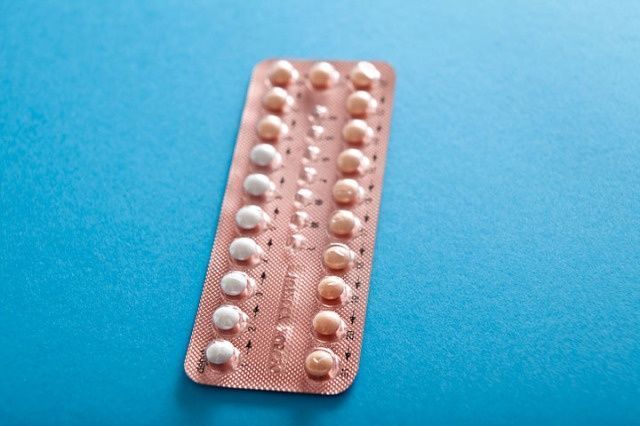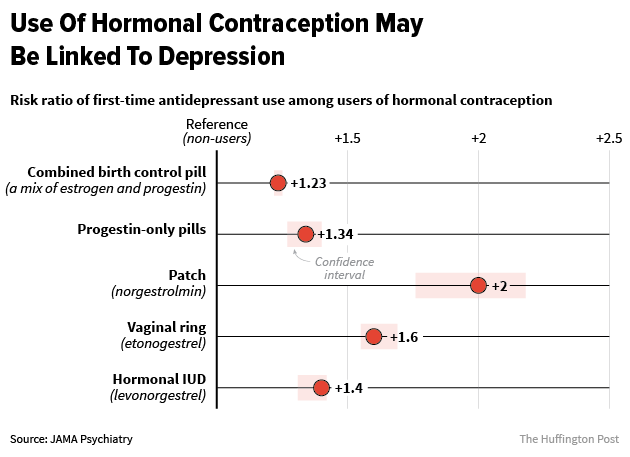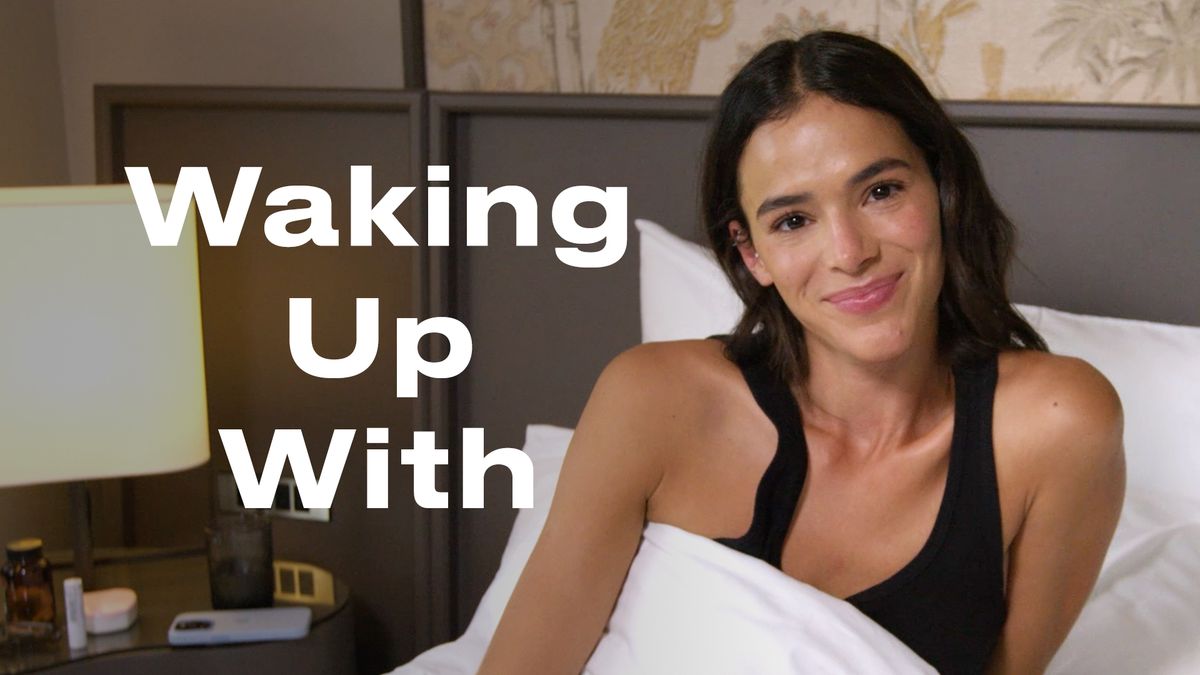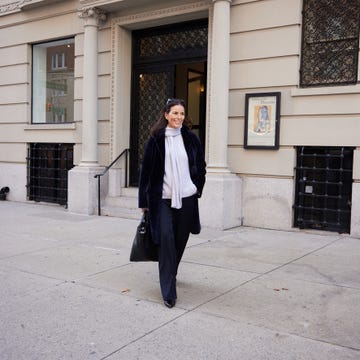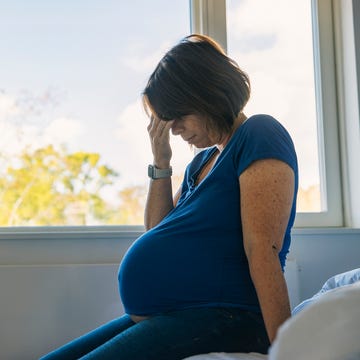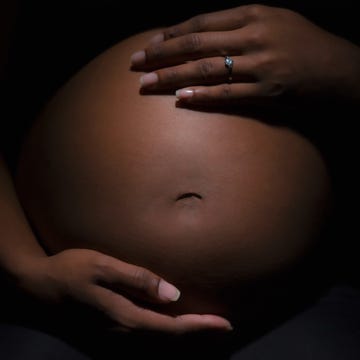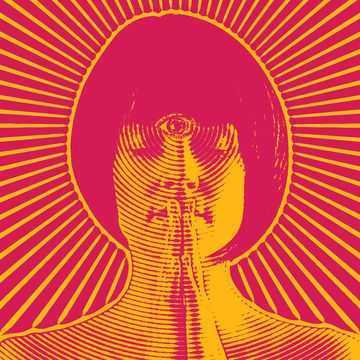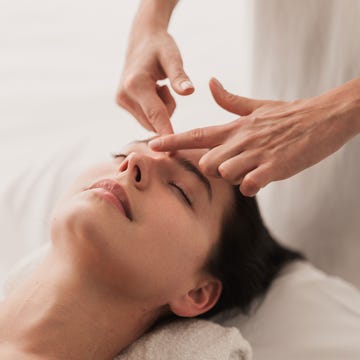A groundbreaking study has found that taking hormonal birth control could be associated with a higher risk for depression.
While mood swings have long been acknowledged as a side effect of hormonal contraceptives, the study, published in the Journal of the American Medical Association Psychiatry, is the first to explore a definitive statistical link to depression.
Researchers, led by Dr. Øjvind Lidegaard, a professor at the University of Copenhagen, analyzed the medical records of 1 million Danish women between the ages of 15 and 24 over 14 years. They used data from National Prescription Register and the Psychiatric Central Research Register in Denmark. 55 percent of women in the study were current or recent users of hormonal contraception. On average, 40 percent were at a greater risk of depression after six months on birth control over non-users.
They found that women using the combined birth control pill, a mix of estrogen and progestin, were 23 percent more likely to be prescribed anti-depressants for the first time than those off the pill. Those on progestin-only pills were 34 percent more likely. Women not on oral contraceptives were even more at risk–vaginal ring users's risk increased by 60 percent more likely and hormonal IUD users by 40 percent. With the patch, anti-depressant use doubled.
The study also concluded that teenage girls on the pill, ages 15 to 19, were at a higher risk for depression–their use of anti-depressants spiked 80 percent.
"We have known for decades that women's sex hormones estrogen and progesterone have an influence on many women's mood. Therefore, it is not very surprising that also external artificial hormones acting in the same way and on the same centers as the natural hormones might also influence women's mood or even be responsible for depression development," Lidegaard, lead supervisor of the study, told CNN.
Researchers did acknowledge that the association does not imply that birth control is a sole cause of depression, and said that more research is needed. The Guardian consulted Dr. Channa Jayasena, a clinical senior lecturer in reproductive endocrinology at the Imperial College London, who said, "The study does not prove [and does not claim] that the pill plays any role in the development of depression. However, we know hormones play a hugely important role in regulating human behavior."
Jayasena added, "Given the enormous size of this study, further work is needed to see if these results can be repeated in other populations, and to determine possible biological mechanisms which might underlie any possible link between the pill and depression. Until then, women should not be deterred from taking the pill."
